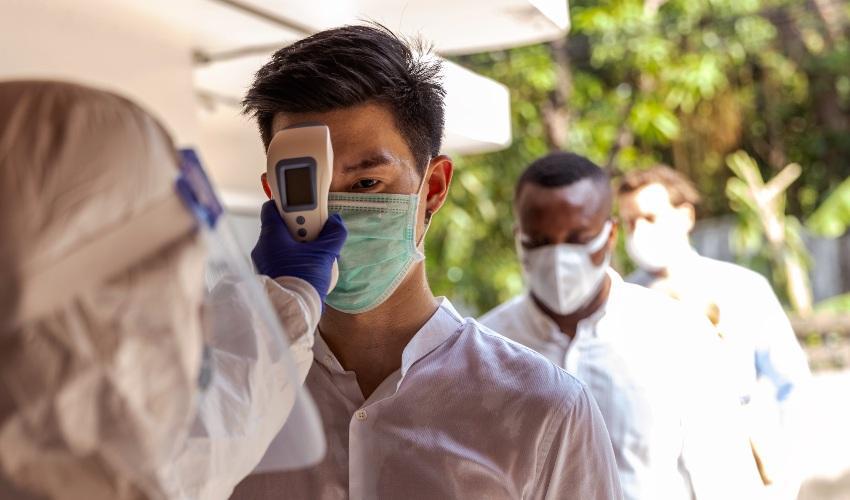
Fighting Coronavirus, an International Study Will Evaluate the Most Effective Mitigation Systems
A MACROECONOMIC EVALUATION OF ANTICOVID MEASURES FOR UNDERSTANDING THE EFFECTIVENESS OF THE POLICIES AND INTERVENTIONS IMPLEMENTEDEach country followed its own path to quickly counter the spread of COVID. Now that the global vaccination campaign is under way and the peak of the pandemic seems to be over in many countries, it is time to take stock of the effectiveness of the different containment measures taken. This is why the GREEN Center at Bocconi University is participating in the Horizon 2020 project as a third-party partner with Università Vita-Salute San Raffaele. The title of the project is CORONADX - Three Rapid Diagnostic Tests (Point-of-Care) for COVID-19, Improving Epidemic Preparedness, Public Health and Socio-Economic Benefits. It includes the partnership of universities and international research centers, and its main objective is to develop diagnostic tools to support epidemiological, clinical and molecular studies relating to the virus.
Thanks to the contribution of Bocconi's GREEN Center, which includes Edoardo Croci (Scientific Coordinator), Marco Percoco, Annamaria Bagaini and Enrico Alessandri, a macroeconomic evaluation of the measures adopted will also be developed, acting in particular on two levels. The first is an analysis of the impacts of anti-COVID measures and socio-economic impacts at a global level. The second level goes into more detail by looking at the models of five countries (Italy, the UK, Denmark, Sweden and Israel) and including the cost-effectiveness ratio determined by the containment measures chosen. On both levels, this overall assessment relies in part on health and economic indicators. It also takes into account the global response capacity of national health systems (having to divide their resources between the virus and other diseases already present in the area), the vulnerability of the population (based for example on age) and also the environmental consequences (thus including the weight of decreased pollution in relation to lower energy consumption during the epidemiological emergency).
"This project will provide an original macroeconomic scoreboard,” says Croci. "It serves to help us better understand the effectiveness of the policies and interventions implemented in both the current COVID containment framework and prevention strategies for possible new future pandemics." The final results of the study completed by the GREEN Center will be available in about one year.
by Camillo Papini
